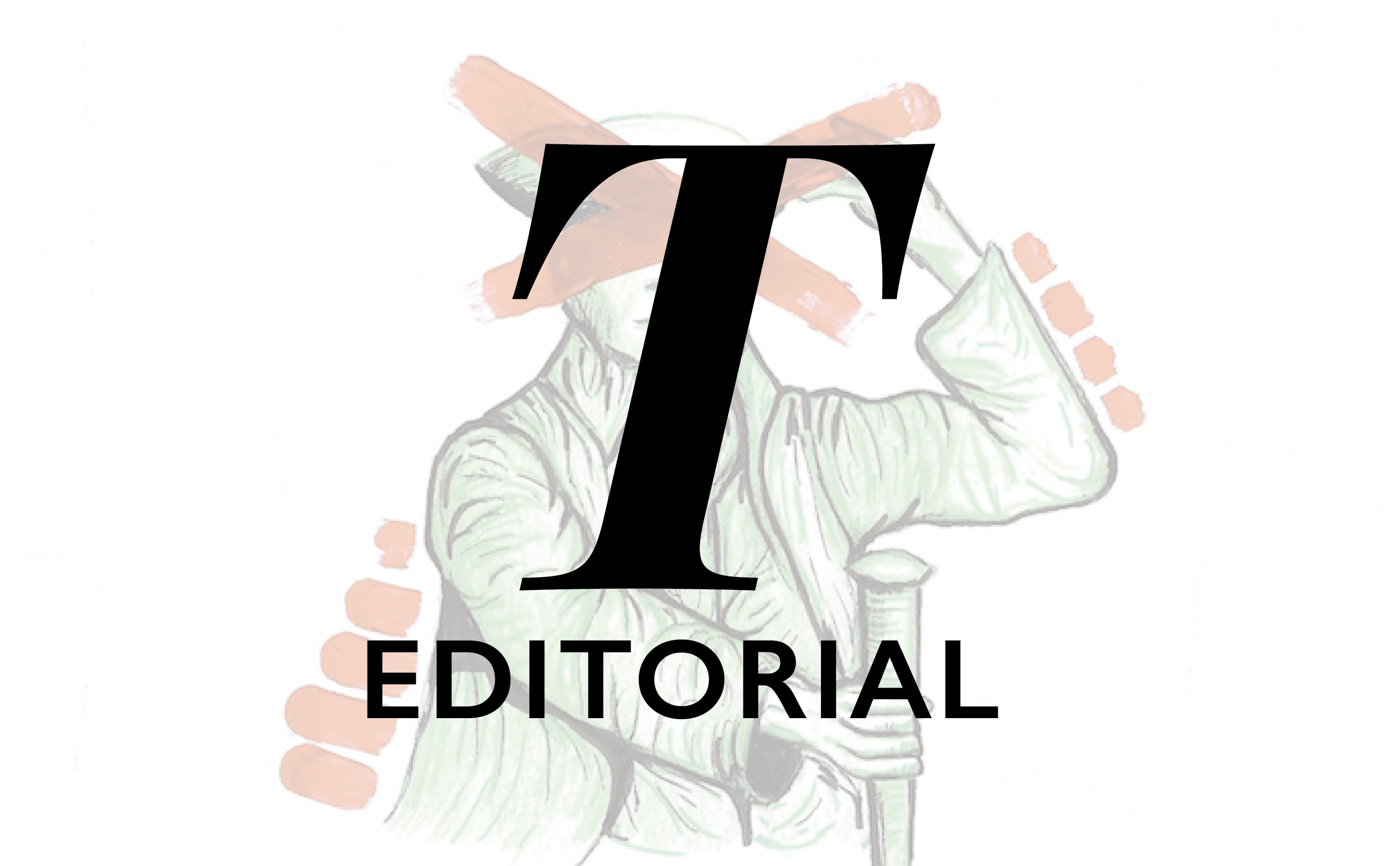McGill’s Vice-Principal Academic Christopher Manfredi is very proud of his efforts to advance McGill’s academic commitment to equity and inclusion. Manfredi says so in the McGill Reporter’s recent feature interview “Confronting Colonialism”, where he introduced McGill’s new Provostial Research Scholars in Institutional Histories, Slavery, and Colonialism program. The program will fund two new research positions which will investigate McGill’s historic connections to the transatlantic slave trade as well as McGill’s colonial legacy and its impact on Black and Indigenous communities.
Initially, the addition of these positions seems like a positive step towards McGill addressing its problematic ties to slavery and colonialism. Initiatives such as the Black Students’ Bill of Rights, put forward by the Black Students’ Network, have made it clear that a number of students feel the university must engage in a public acknowledgment of these realities, and the addition of this program is one way for it to do so. However, the media materials put out to publicize this program largely overshadow the continuous efforts that have been made over the past several years by Black, Indigenous, or people of color (BIPOC) members of the McGill community to shed light on McGill’s colonial legacy. The McGill Reporter article praises Vice-Principal Manfredi for making strides toward inclusion when McGill should instead be crediting BIPOC members of its community for advancing equity at the university.
In 2019, the culmination of years of effort from Indigenous community leaders resulted in the changing of the Men’s Varsity team name. This semester, Professor Charmaine Nelson is teaching an art history course titled ‘James McGill was a Slaveowner: Slavery and the History of Universities.’ These examples represent only a fraction of the work that BIPOC individuals have done to address McGill’s continued colonial legacy, and these are the endeavours that should be highlighted by the McGill administration. However, the administration seeks to idolize Vice-Principal Manfredi’s working groups and task forces which, though better than nothing at all, do not yield sufficient structural change. The irony of a white man, in Vice-Principal Manfredi, taking credit for equity initiatives added to McGill’s community by BIPOC individuals seems lost on the administration.
McGill continues to engage in neocolonial practices: McGill invests in TC Energy, the company behind Coastal GasLink, the company currently attempting to construct a gas pipeline on unceded, untreatied Wet’suwet’en territory. McGill continues its colonial legacy by deciding how to invest its money, and in doing so, they are not only complicit but actively abetting the contemporary oppression of BIPOC. Moreover, many of McGill’s buildings are named after known racists, such as the Ferrier building which is named after James Ferrier, a Conservative politician who engaged in colonial harms such as illegally buying Egyptian mummies from looters, which remain in the Redpath Museum today.
To fulfill its commitments to diversity and inclusion, McGill must acknowledge and address their current contributions to oppression, rather than making illusory attempts to unveil past instances of it. The administration must also embolden BIPOC members of the McGill community by highlighting classes, such as those taught by Professor Nelson, and publicizing efforts, such as the #ChangetheName movement by Indigenous activists, in their media materials. McGill should pursue these ends rather than allowing elite, white members of the faculty to take credit for the increased equity of the university community. In terms of its own efforts, the administration should continue to fund research like that involved in the new Provostial Research program, as well as fund the publication of the results of said research.
“To fulfill its commitments to diversity and inclusion, McGill must acknowledge and address their current contributions to oppression, rather than making illusory attempts to unveil past instances of it.”
As it stands, the administration portrays the university’s novel commitment to diversity and inclusion as a way to bolster its image for its upcoming bicentennial celebration. Research programs should not be mere tokens used by McGill to solicit donations from well-intentioned donors; they should be constructed as substantive efforts to halt the colonial behaviours which pervade McGill’s reputation.
The Tribune calls for McGill to divest from companies that contribute to the continued oppression of BIPOC in contemporary communities, both directly and tangentially. This includes divesting from fossil fuels, completely and unequivocally. Finally, the Tribune calls for the removal of the James McGill statue from McGill’s campus, with recognition of James McGill’s slave owner status and the implications of his deification in McGill’s institutional history.









